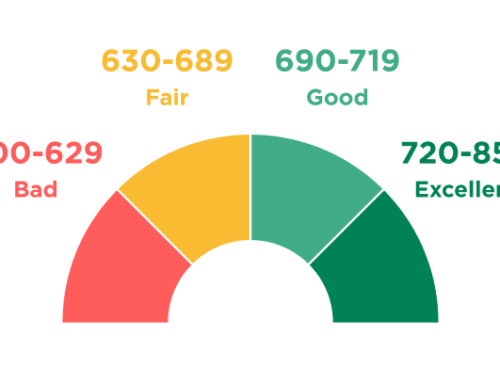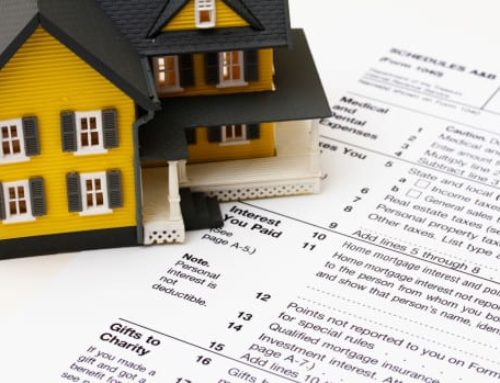Are you considering getting a mortgage pre-approval or pre-qualification? Which one should you get? What’s the difference between the two?
These are terms you’ll hear frequently as you shop for a home, and understanding these two terms are important. Pre-approvals and pre-qualifications are major assets for a homebuyer; they help direct your home search by providing guidance in terms of affordability, and they also act as a negotiation tool to prove to the home seller that your purchase offer is serious.
A mortgage pre-approval and a mortgage pre-qualification are similar in that they both represent a lender’s initial and preliminary verification of your ability to afford a home via financing. Although each mortgage lender will have different approval processes and qualification steps, it’s important to know that some lenders use the two terms interchangeably, while other lenders have separate guidelines for each. The terminology, as well as the steps involved, is likely to be different depending on the lender you’re speaking to.
Neither a pre-approval nor a pre-qualification is a full commitment or guarantee that you will obtain a mortgage, however. There are many things that must fall into place before you will actually be able to close on your home loan, and while some of them are predictable and fully within your control, many of them (such as inspections and appraisals) are not.
So, what’s the difference between a mortgage pre-qualification and a pre-approval?
Both a pre-approval and a pre-qualification are the first steps you take towards obtaining a mortgage, and both of them use the financial information you provide to determine an approximation of what you can afford. The difference between a pre-approval and a pre-qualification commonly lies in the amount of personal financial information the lender validates on your behalf.
A pre-qualification is generally based on the financial information that you tell the lender, regardless of whether or not that information is factual. The purpose is typically more centered on providing you with an estimate of home affordability, rather than focused on the verification of your self-reported financial data.
A pre-approval, on the other hand, is typically a bit more involved, and suggests that the lender took steps to verify the information you provided. This verification could be as simple as requesting some financial documents from you and reviewing your credit history, or it could be more involved, depending on the lender.
Therefore, in general (but not as a rule), a pre-approval is a better indicator of your ability to obtain a mortgage, and a more accurate assessment of how much you can afford. Because a pre-qualification is usually more of an approximation based on information you give verbally, whereas a pre-approval is usually requires some verification steps on behalf of the lender, it’s common for a pre-qualification to be less reliable than a pre-approval.
A pre-qualification is great first step and will give you an estimate of what you can afford. However, a pre-approval carries you one step further into the mortgage process by verifying your financials and reviewing your credit to get a more complete and accurate picture of your credibility.
Getting pre-approval from a reputable mortgage lender when you start your home search is the best way to start your search off on the right foot. To get started, click here to apply online!










